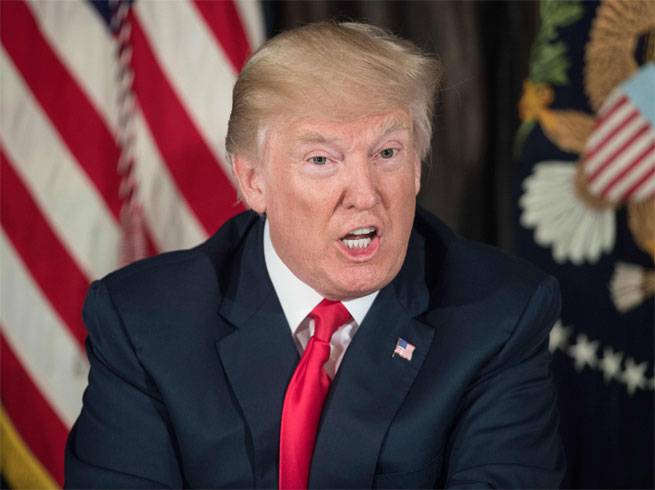Regardless of your opinion of Trump, one thing that most of us can agree on is that he is an excellent showman. He is very good at getting our attention and provoking a response, and like most young children he does not give much weight to whether the response he gets is a positive or negative one. However, when his dramatic rhetoric draws the attention of not only the American people but also the leaders of foreign adversaries, we are all forced to confront the reality of those responses. In the case of relations with North Korea, we are left with few options going forward and in this political climate our best option for now is stagnancy.
Recently Trump has threatened to “totally destroy” North Korea in front of the United Nations General Assembly, staged mock-bombing tests in South Korea only 30 miles from the demilitarized zone and tweeted that if the North Korean Foreign Minister stands behind Kim Jong-Un “they won’t be around much longer.” All of this has lead to North Korean officials claiming that the United States has declared war on their country. As a result, North Korea is now claiming the right to take precautionary measures, such as shooting down any US bombers, even those in international airspace. Despite the fact that the President does not have the power to declare war, it will be impossible to recover from this blatant and half-baked threat. the US is forced to simply wait and see the full extent of this fallout as any further advances or posturing would likely have disastrous consequences.
Some argue that the US should display its military powers preemptively in order to essentially scare North Korea into a state of inaction; however, there are two major pitfalls with this argument.
The first is that North Korea already feels threatened or at least claims to feel threatened by the US. If we continue with these advances, moving from threats of force to manifestations of force, we will invite a retaliatory strike from North Korea. They will claim that any military action against the US was necessary to stop our escalating pattern of violence, and it is not hard to imagine how the conflict will escalate from there.
The second fallacy of this argument is that with two narcissistic and temperamental men leading the two countries in this conflict, it is unreasonable to assume that either one would back down because of a challenge to their power. The citizens of these nations are stuck in the middle of two posturing animals. As long as neither feels too challenged there is hope that they will continue to do nothing more than posture; however, as soon as displays of force turn to applications of force there will likely be no way to stop these beasts from going for each other’s throats.
Typically, I would not advocate for such an intensely passive foreign policy that rests mainly on the hope of getting by unharmed for the time being, but with such volatile leaders in power this is the best outcome for which we can realistically hope. Trump may have a knack for putting on a show, but now he is forced to deal with the effect of his words on his audience. In this case he is no longer simply facing a polarized American public, but an enraged and united foreign power. With any luck, Trump’s interactions with North Korea will mirror the course of many of his campaign promises: a lot of big talk followed by very little substantive action.




